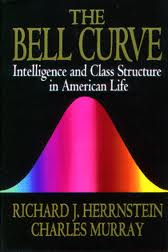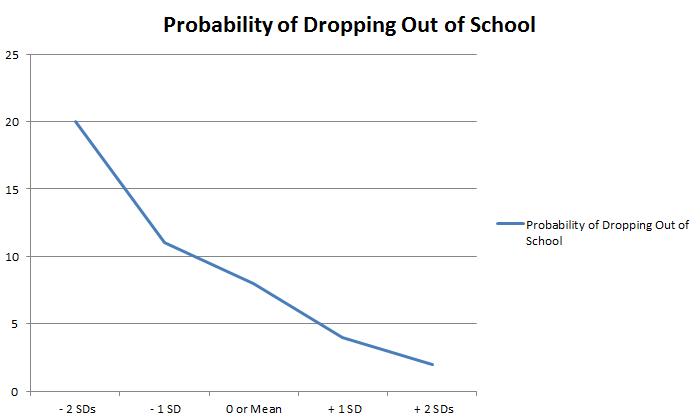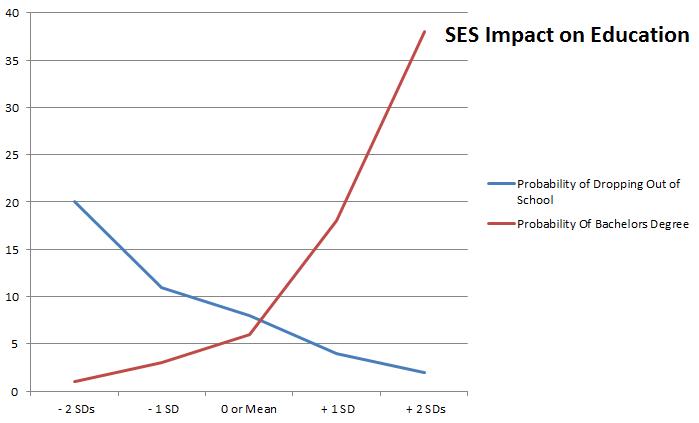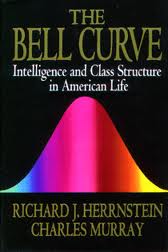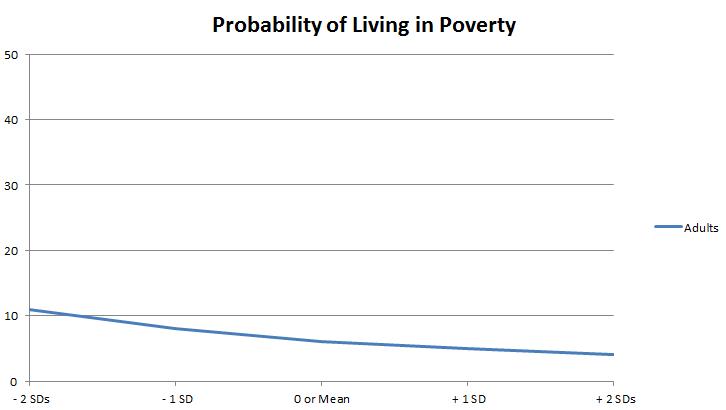
Capitalism Is Evil
I often hear how capitalism is a system that rewards the greedy. That by use of it, corporations enslave their workers, funnel money from the poor and working class to the rich. The continuous chants against the system grew especially loud during the growth of the #OccupyWallStreet movement.
To be sure, there are people in this world that have “more.” There are folks who have become very wealthy at the same time other folks struggle to put food on the table or a roof over their head. And it’s tragic. However, when faced with conditions of inequity, it’s an easy escape to simply fall back and blame the system. Even our President falls victim to that trap. He’s continually castigating the wealthy, railing against the system and calling for capitalists to distribute their wealth.
We Support Individual Liberty
The concept of individual liberty, the idea that there are certain rights that flow to each of us from either the divine or form nature, is fundamental to the concept of the market. It is the bedrock that forms the basis for the system that best produces optimal results. When a man is free he will labor for his own self-interest, he will trade with another in order that his lot becomes better than it otherwise might have been. From the concepts of liberty and inalienable rights comes the concept of the right to property. It is where these values, these beliefs are most held in high esteem that we find the society rich and successful.
And so it must be that we protect the right of liberty and of property. That when one man produces wheat, that wheat is his own. To keep, plant, eat, hoard trade or sell. If a man becomes skilled in building a house, the property that he acquires as a result is his to dispose of as he desires. In order to protect that liberty, that property, we erect and enact laws preventing fraud and abuse.
And where those cases involving fraud are found, they are properly seen as diametrically opposed to liberty, to the rights of property; to capitalism itself. The unlawful seizure of another man’s labor that is the OPPOSITE of capitalism. It is NOT the desired state of it.
Wage Theft In North Carolina
When two individuals enter into agreement, or contract, we expect that contract be enforced. If you agree to sell me milk in exchange for money, I expect a gallon of fresh milk and you the appropriate sum of money. Perhaps I trade you corn for your milk. You would properly expect me to provide a bushel of corn. Should either of us try to break that contract, say I by adding stones to the wheat basket or you by adding water to the milk, we would be perpetuating fraud. We would be acting AGAINST the tenants of capitalism, of individual liberty.
And milk and corn are not the only commodities that are available to us to trade. We are also able to trade our labor. Commonly we call this a job. We agree to trade our labor, our expertise our skills in exchange for compensation. So it is that when one of us breaks that bargain, that contract is broken and again, fraud has been perpetuated:
WASHINGTON — – For nearly a year, unemployed home health worker Leslie Gilbert of Grand Rapids, Mich., has fought to get more than $400 in unpaid wages from her former employer.
After months of promises that the money would be in her “next paycheck,” Gilbert filed a complaint in October with the state. Officials told Focus Care Home Health of Southfield, Mich., to either pay Gilbert by June 1 or face a formal hearing.
Gilbert still doesn’t have her money.
I can see the protests in the street, “Corporations are evil and greedy! Capitalism is the root of all evils.” But this isn’t a fair account of the market, a free exchange of commodities or an example of freedom, or of liberty.



